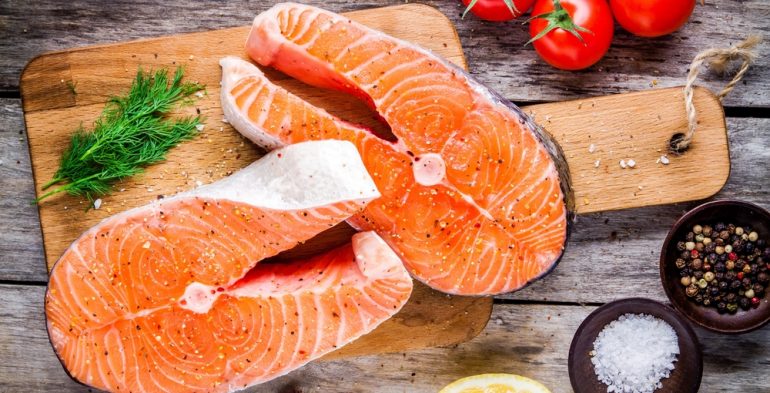
Here are the top seven energy-enriching food and vitamin tips.
Eat iron-rich foods
Iron is necessary for the production of energy from glucose, which is the main fuel for both the brain and the body. Iron-rich foods include lean red meat, chicken, fish, eggs, wholegrain breads and cereals, legumes, nuts, seeds and green leafy vegetables.
Boost your B vitamins
They play a crucial role in fueling the body with carbohydrates, proteins and fats. The best vitamin B-rich foods include wholegrain cereals, meat, poultry, salmon, eggs, milk and green leafy vegetables. You may also need to take a B-complex multivitamin daily.
Up your magnesium intake
It is considered the anti-stress nutrient and occurs abundantly in natural, unprocessed foods. It also helps with sleep. The best dietary sources include tofu, legumes, nuts, seeds, wholegrains and green leafy vegetables such as spinach. Avoid overcooking to minimize magnesium loss.
Choose complex carbs
These will help keep blood-sugar and energy levels stable. Good choices include wholegrain breads and pasta, whole oats and muesli, brown rice, quinoa, buckwheat, amaranth and root vegetables such as beetroot, pumpkin and sweet potato.
Get enough sleep
Eight hours of sleep is optimal for good health and vitality. Sleep is when cells produce and release proteins essential for growth and tissue repair. Lack of sleep can cause poor concentration and mood swings and weaken immune function.
Take spirulina
This fresh-water algae is rich in vitamins B, C and D, as well as magnesium, iron, zinc and beta-carotene, for strong immune function. Add one to two teaspoons to juice, water or smoothies. Take 10g to 20g a day for maintenance, in tablet, capsule or powder form.
Cut back on caffeine
Caffeine stimulates the production of stress hormones, which gives you a temporary boost in energy but can also contribute to anxiety, irritability, muscle tension, weakened immunity and insomnia. Try alternatives such as dandelion root coffee or herbal teas.








